
It is recommended that the government continue to strengthen the institutional framework for civilian oversight of the military by formalizing regular, independent reviews of defense policies and ensuring accountability through transparent, merit-based appointments.
This recommendation was made by IMANI Africa in its “Criticality Analysis of Governance Issues | March 23 – 29, 2025”.
In practice, IMANI said establishing a permanent independent oversight committee—with representation from both civilian policymakers and military experts—can provide rigorous, routine audits of the Armed Forces Council’s decisions and operations.
This committee should also facilitate ongoing dialogue between military leadership and civil society, reinforcing the role of the military as a neutral guardian of peace and security while upholding democratic principles.
“More importantly, embedding these practices within a robust legal framework will not only consolidate Ghana’s young democracy in the face of regional political instability but also serve as an instructive model for other West African states confronting the challenges of military influence in governance. Chiefly amongst these is making the foremost function of the Armed Forces the defence of the Constitution of the Republic of Ghana,” IMANI Africa said.
Read Also: President Mahama promotes new Chief of Defence Staff and Service Chiefs
The policy think tank had said that the recent inauguration of the Armed Forces Council and the public pledge by military chiefs symbolize more than a routine exercise in ceremonial duty—they represent a deliberate reinforcement of Ghana’s constitutional framework.

Under the 1992 Constitution, such acts demonstrate the government’s commitment to ensuring that the nation’s security apparatus remains a tool of statecraft rather than an independent political force. In essence, these events reinforce that the military stands as a guardian of peace and stability, operating strictly under civilian control. Symbolically and practically, by reaffirming allegiance to the State, the Constitution, and President Mahama, Ghana’s security institutions are clearly positioned as partners in the democratic process, underpinning trust both among citizens and within the political hierarchy.
One of the defining challenges in good governance is balancing military professionalism with the supremacy of civilian authority. By swearing in a new, constitutionally anchored Armed Forces Council, Ghana reasserts an institutional model that promotes transparency, accountability, and clear separation of roles. The proactive engagement of high-ranking officials—including Vice President Jane Naana Opoku-Agyemang, who chairs the Council—signals a systemic effort to align military operations with nationally determined security policies.
This arrangement not only curtails any vestiges of an independent military power that could otherwise threaten democratic legitimacy but also creates an environment where the armed forces serve as reliable executors of state policy rather than as potential destabilizers. Academic studies have noted that such institutional clarity is key to avoiding the pitfalls of politicized military intervention, which has destabilized many nations in the region.
Ghana’s democracy, though relatively young, shines as a beacon in a region that has witnessed frequent episodes of political upheaval and military coups. In a context where neighbouring states have struggled with the legacy of military rule, Ghana’s renewed commitment to constitutionalism and rule of law—as exemplified by the Armed Forces Council’s functioning—serves a dual purpose.
First, it bolsters the country’s internal security by ensuring that the military remains subservient to democratic norms. Second, it sends a strong signal internationally and regionally that stability ingovernance can be achieved without resorting to authoritarian practices.
This measured approach not only safeguards the democratic process in Ghana but also provides an invaluable reference point for other nations striving to build resilient democratic institutions in the face of historical and regional instability.
States within West Africa that experience persistent military influence, or even outright military dictatorship can draw several lessons from Ghana’s example. First, the institutionalization of military oversight through mechanisms such as the Armed Forces Council offers a replicable model for assuring that military power remains a servant to the state. Ghana’s adherence to a constitutional model of civil–military relations has been instrumental in preventing the recurrence of military takeovers—a threat that looms large over other countries in the sub-region.
Second, the transparent public ceremonies and clear articulation of responsibilities underscore the importance of legitimacy and adherence to the rule of law. When the military publicly pledges allegiance to constitutional norms and civilian leadership, it reinforces a culture of accountability and trust. Such models, which have been rigorously analyzed in scholarly works, demonstrate that a well-defined legal framework and proactive citizen oversight are critical to overcoming the historical legacy of coups and instability in the region.
The post Govt told to strengthen institutional framework for civilian oversight of the military first appeared on 3News.
Read Full Story
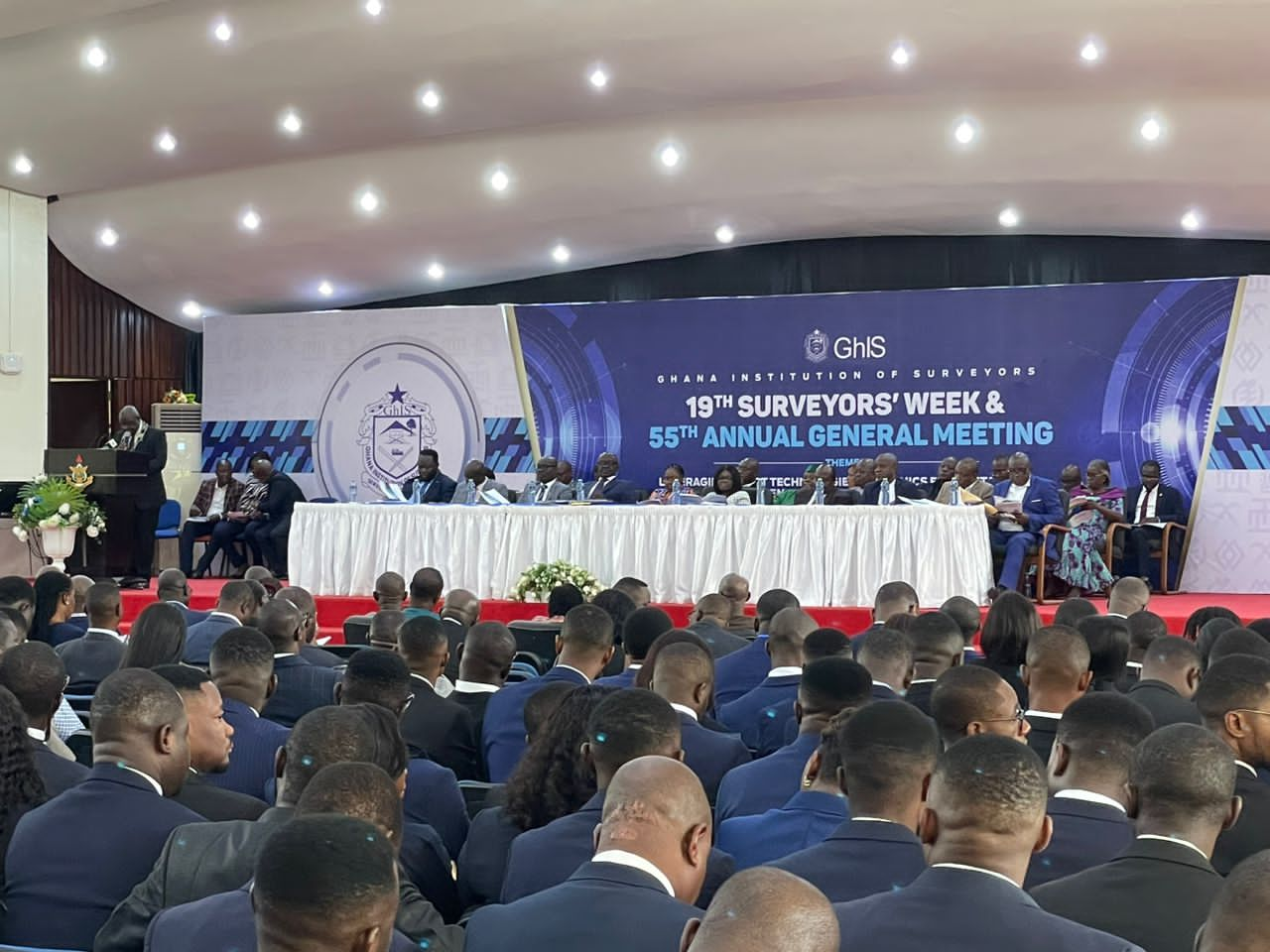
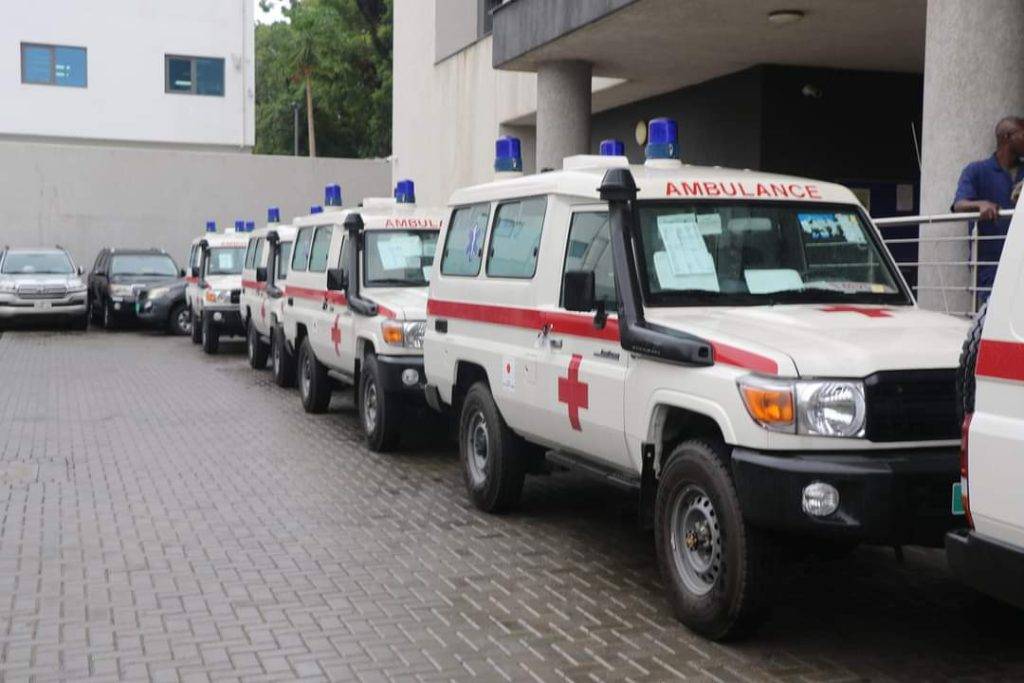




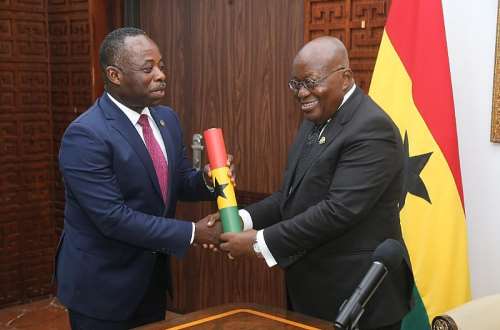

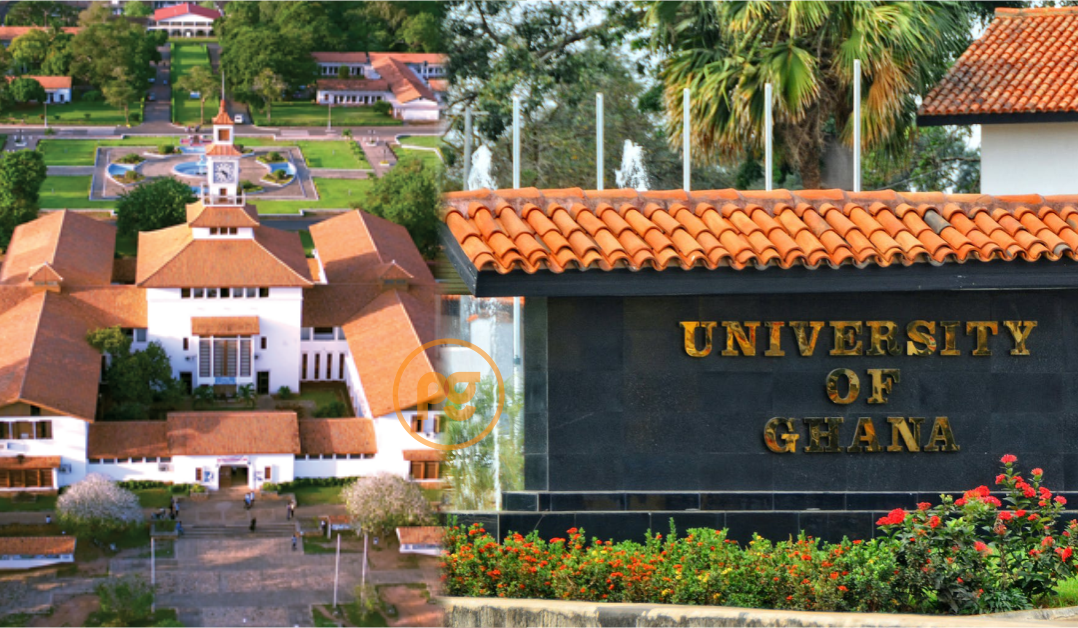
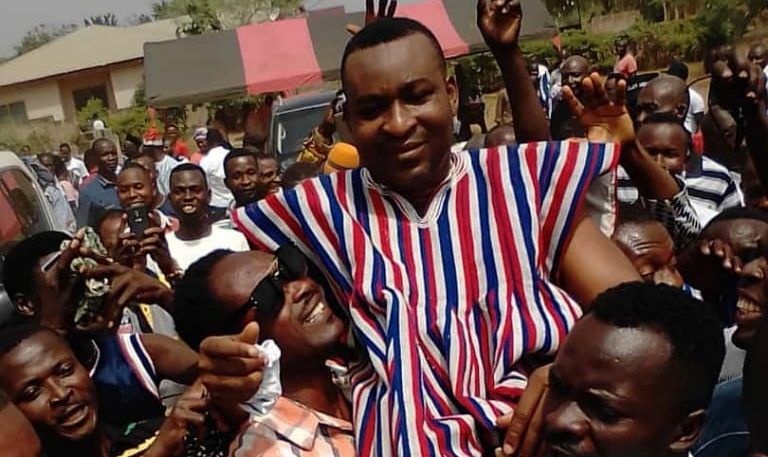

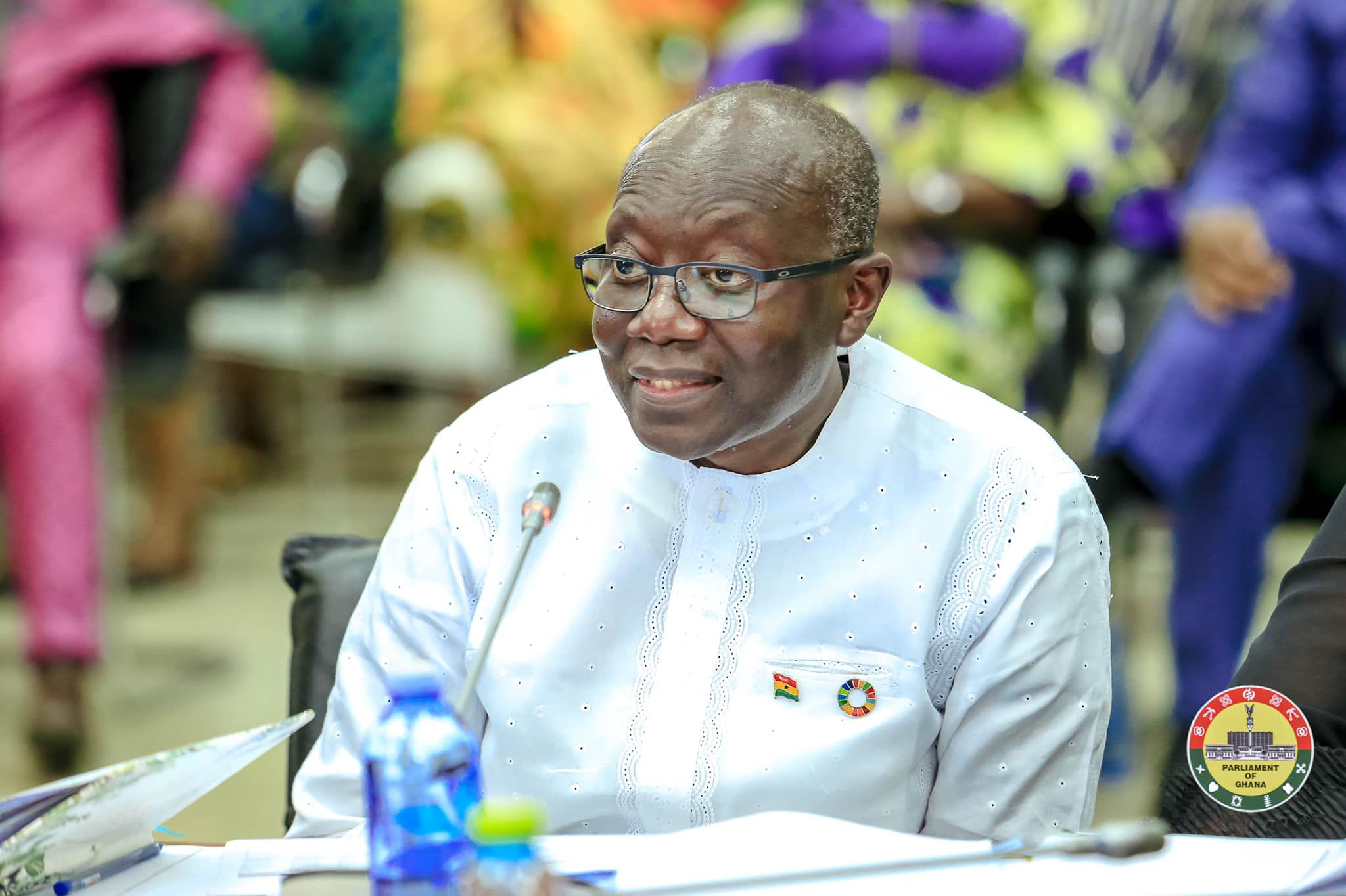
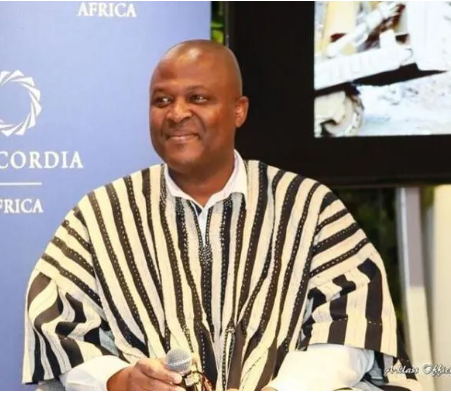


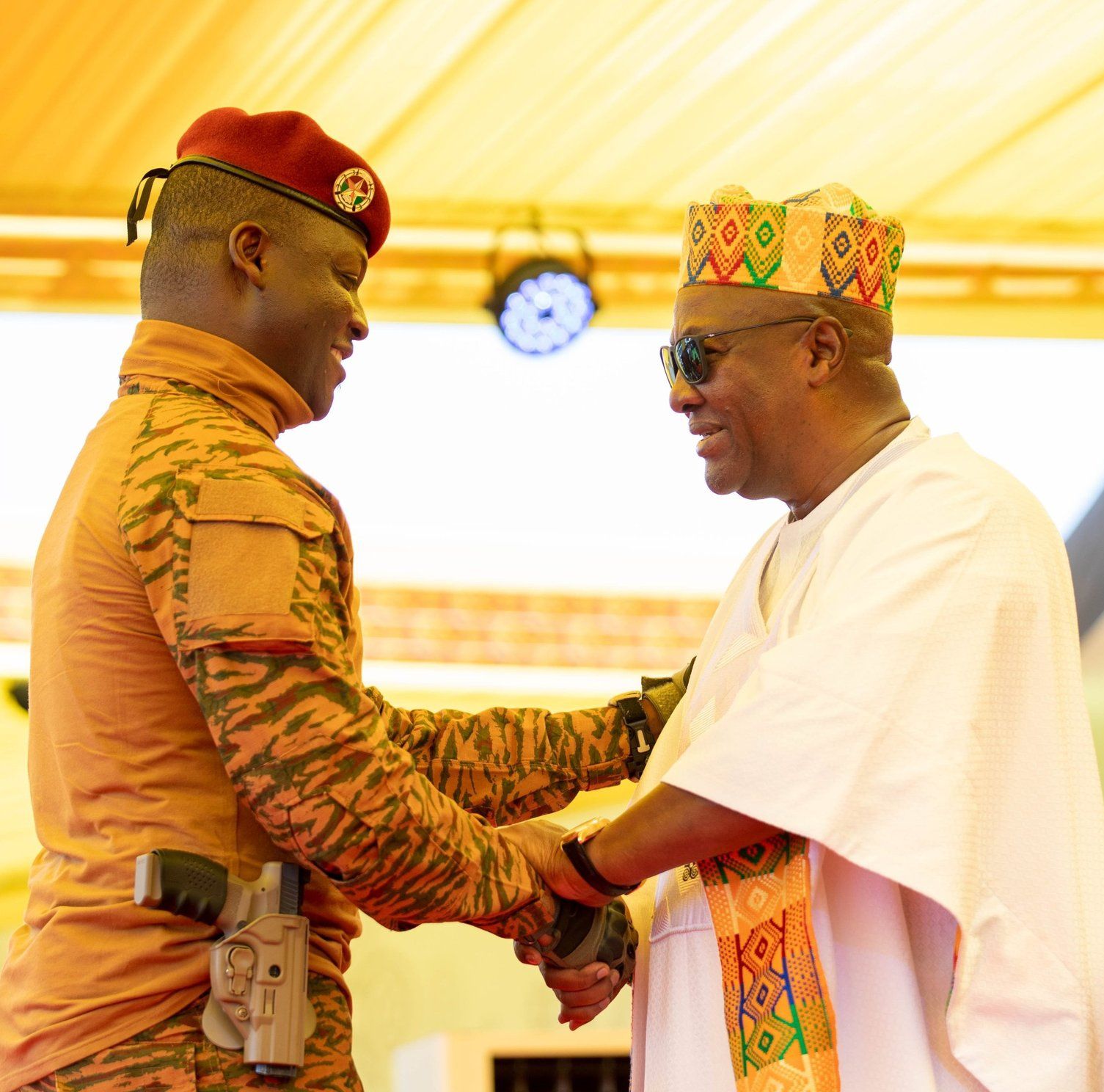

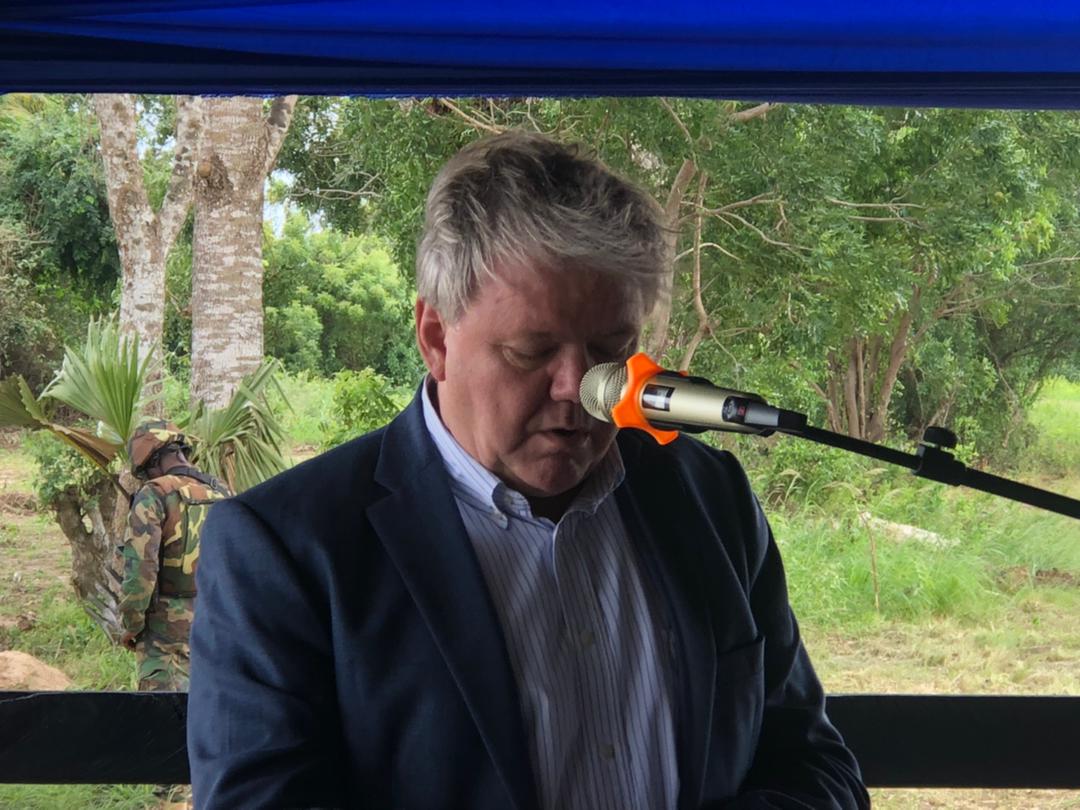


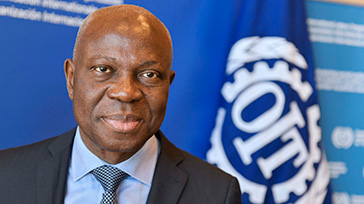

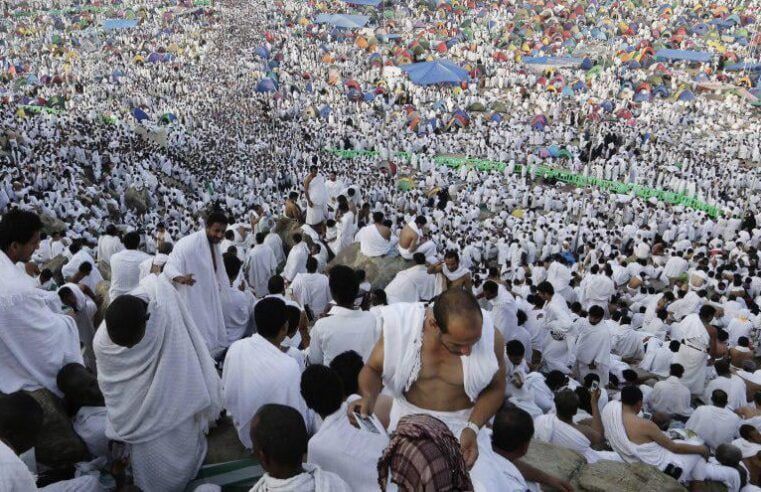

Facebook
Twitter
Pinterest
Instagram
Google+
YouTube
LinkedIn
RSS